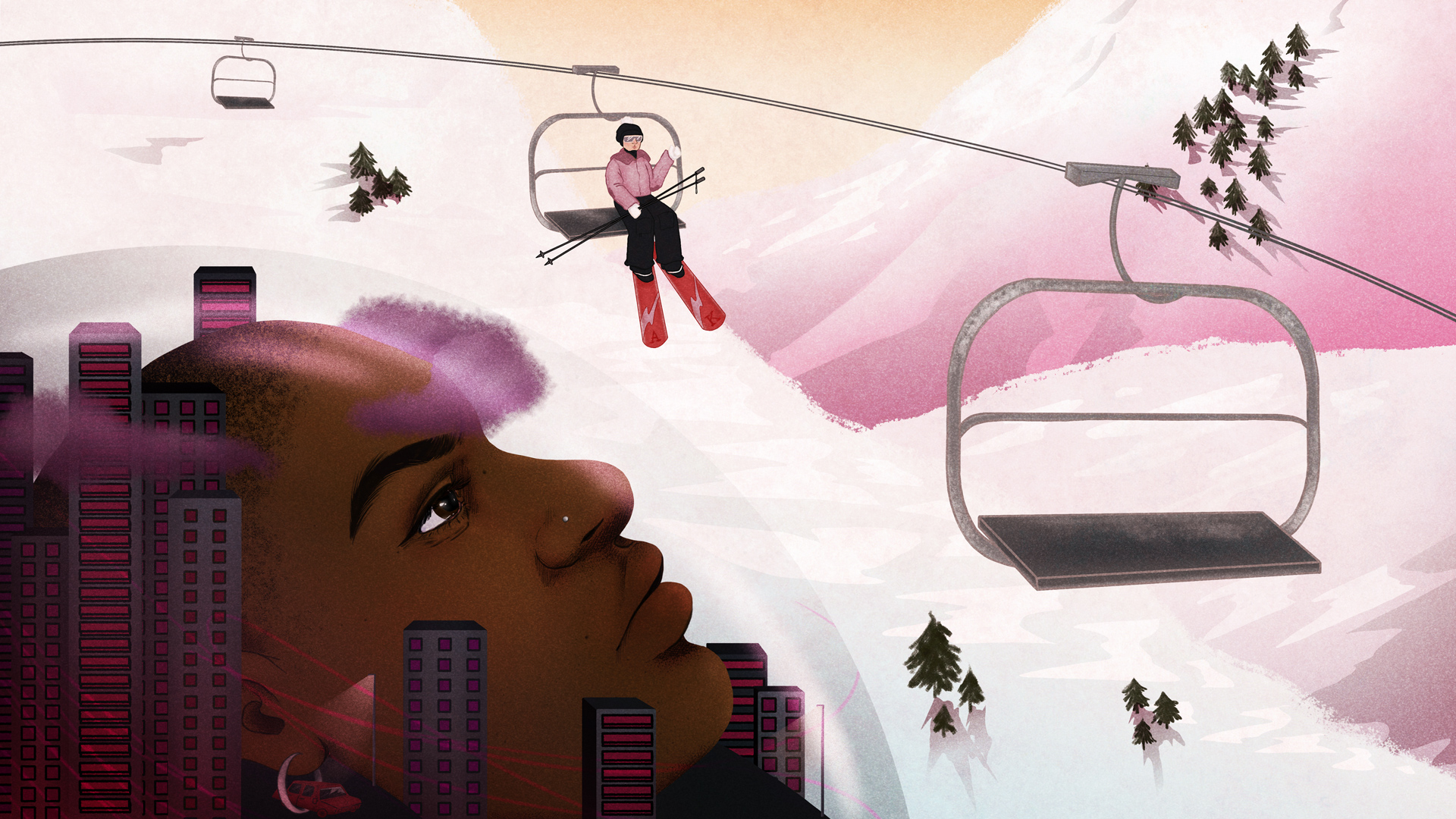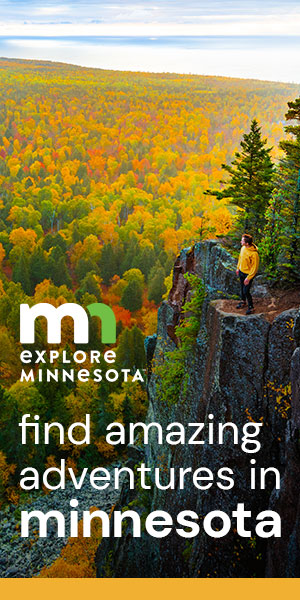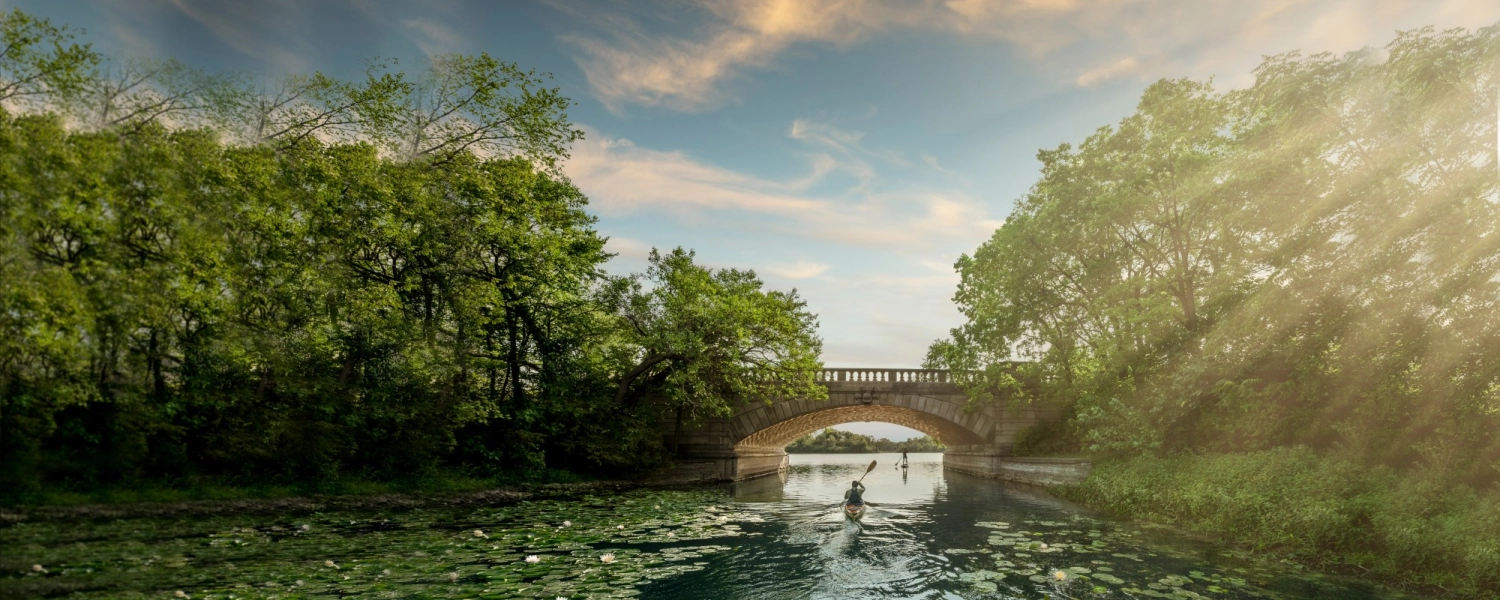- Details
- Written by: Phil Young
Am I the exception to the rule or am I just looking in the wrong places? Is it conceivable that black people just don’t like the outdoors or is it possible that the UK is simply not interested in seeing people of colour outside of cities? As a black man born and raised in England I’d suggest that the answer, if somewhat complicated, is probably a bit of yes to all of the above.
England has come a long way in its approach to multiculturalism and race relations since I was a child. We now have black and brown representatives in England’s football, cricket and rugby teams and that’s before we get into the Olympic track and field athletes and F1 drivers who operate at the very top of their game while flying the flag for GB.“Why, given the inroads that people who look like me have made throughout British culture, is the outdoors so white?”Brown doctors, black lawyers, city brokers, actors, judges, ballet dancers, police, journalists, politicians, poets, opera singers and artists; people of colour are represented, to some extent, at all levels of society and professions. However, put that same man or woman on a pair of skis or a mountain bike, on the face of a crag, or on a surfboard paddling out for dawn patrol and it’s a head turner. Why, given the inroads that people who look like me have made throughout British culture, is the outdoors so white? As a black male, I like fried chicken and grime. I grew up on an inner-city estate, where I narrowly escaped a life of gang culture, and am a good dancer. Sportwise, I’m naturally gifted at basketball and was generally the first picked for the football team – not least because I was so good at the 100m. Now, not all of this is true of course. I used to be pretty quick at 100m and, in my head at least, can rock a dancefloor like the best of them. That’s about it though. I’ve never been involved in knife crime, and wear clothes other than black hoodies. Oh, and that limp I walk with? That’s from a snowboard accident I had 20-odd years ago.
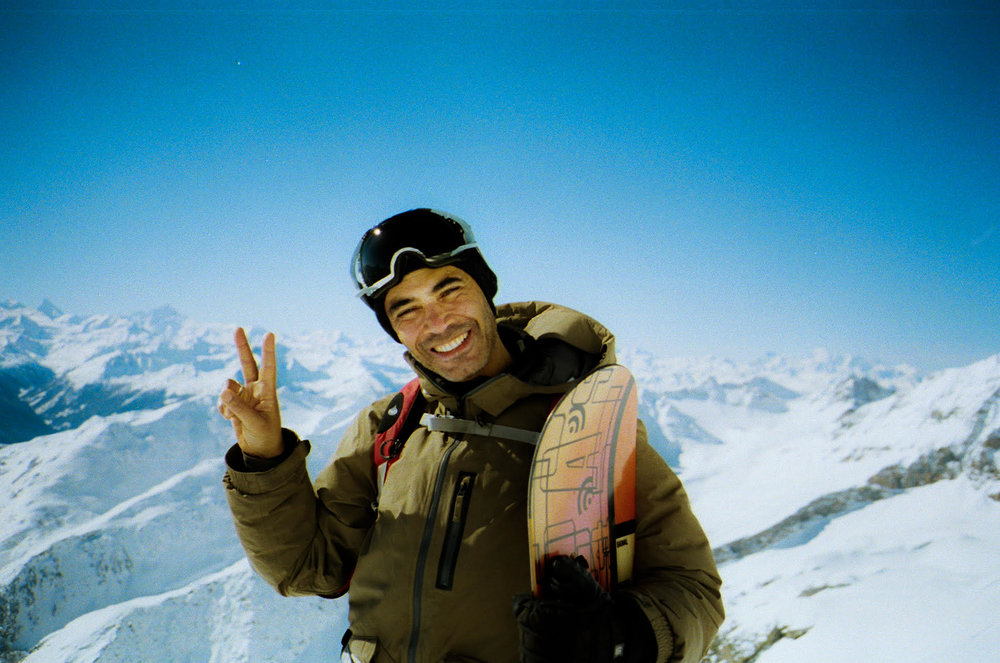
“Oh, and that limp I walk with? That’s from a snowboard accident I had 20-odd years ago”So, let’s get this straight from the get go. Black people aren’t one ethnicity. It’s just a colour formed by the pigmentation in the skin to protect against the sun’s harmful UV. We are as different, within our colour, as someone from Hampshire is to a native of St Petersburg. We have different cultural beliefs, social structures, religious beliefs and ambitions. Personally, I’ve been a fan of the outdoors for as long as I can remember. From the days I was belly boarding in the white water shore break of South Wales, through to skating full pipes in the Australian outback, on to riding waist deep Japanese powder and swimming in the line-up of Teahupoo (now that’s a good story); the journey has been wild and I’d like to think I’m nowhere near finished yet, but why do I feel so alone in my love of this stuff? What’s stopping us, a group of people united by a higher percentage of melanin in the skin, getting out there and why does it seem that no one is doing anything about it?
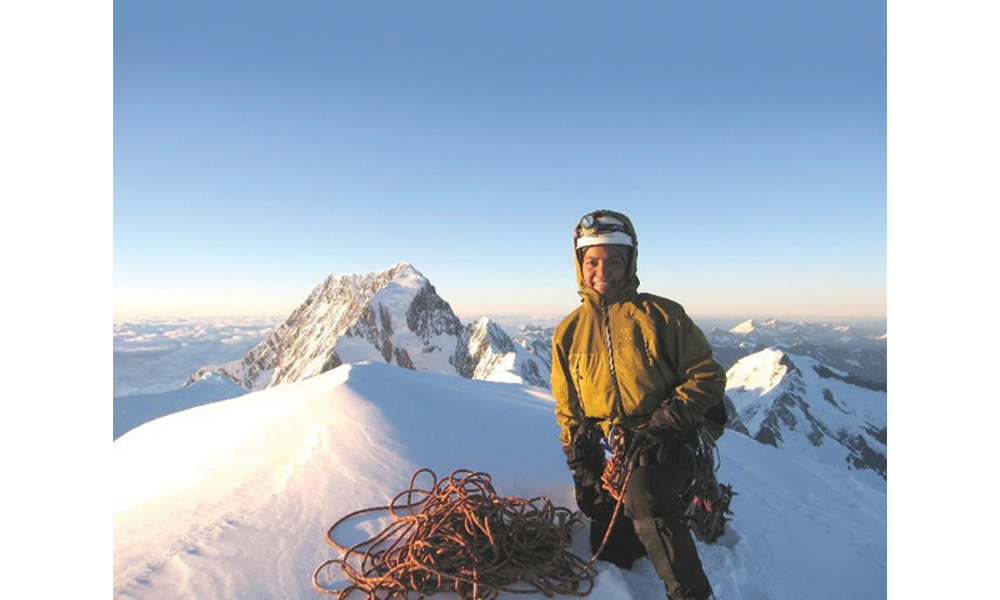
“Sophia Dannenberg was the first black woman to climb Everest in 2006”“People of colour don’t really do mountains” Just google the highest mountains in the world and see how many of them are in Europe or North America (spoiler alert: none of them). Asia is killing it in the mountain game and even Africa, not primarily known for its mountains, has 31 peaks over 4,000 metres and Ethiopian highlanders live at about 3,530 metres above sea level. African climber Sibusiso Vilane is one of an elite group of climbers who have conquered the seven summits and Sophia Dannenberg was the first black woman to climb Everest in 2006, although chances are you have never read about it. In 2019, 44 of the 76 woman to get permits to climb Everest were non-white.
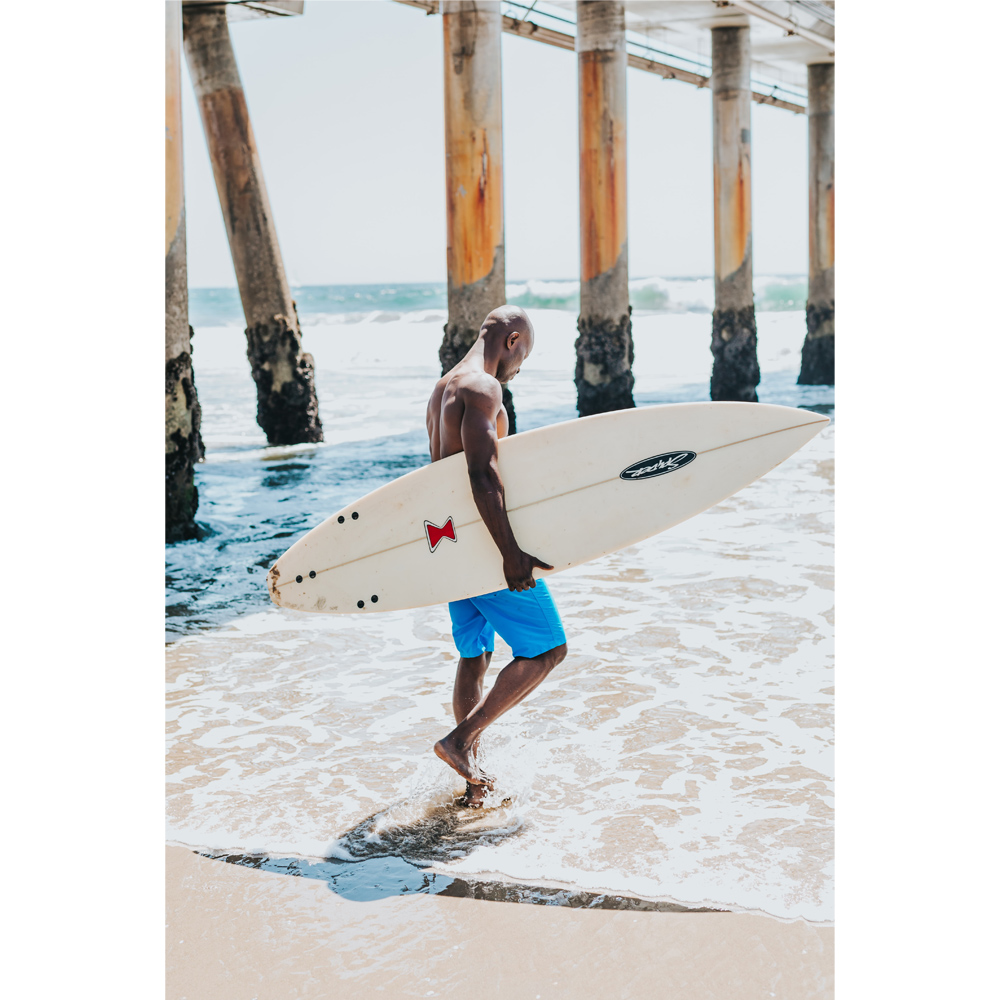
- The Mindful
- The Couldn’t Care Less
- The Deniers
“It’s very difficult to be what you can’t see”By far the biggest barrier to inclusion in any sport is representation. In other words, it’s very difficult to be what you can’t see. It’s taken someone like Tiger Woods in golf, for example, to shift attitudes and make black membership at golf clubs a thing. For many years, Augusta in Georgia, the venue for the US Masters had a “white golfers, and black caddies” only policy. In tennis, black tennis stars like Sloane Stephens, Madison Keys, Cori Gauff and Naomi Osaka have all cited the Williams sisters’ dominance and visibility as a key driver in their own sporting careers. In both of these examples mentioned above, there has been a dominant parent who pushed their children to the extent that their brilliance has allowed them to break through the social barriers put in front of them. They then excelled to such an extent that their respective industries were no longer able to ignore them.
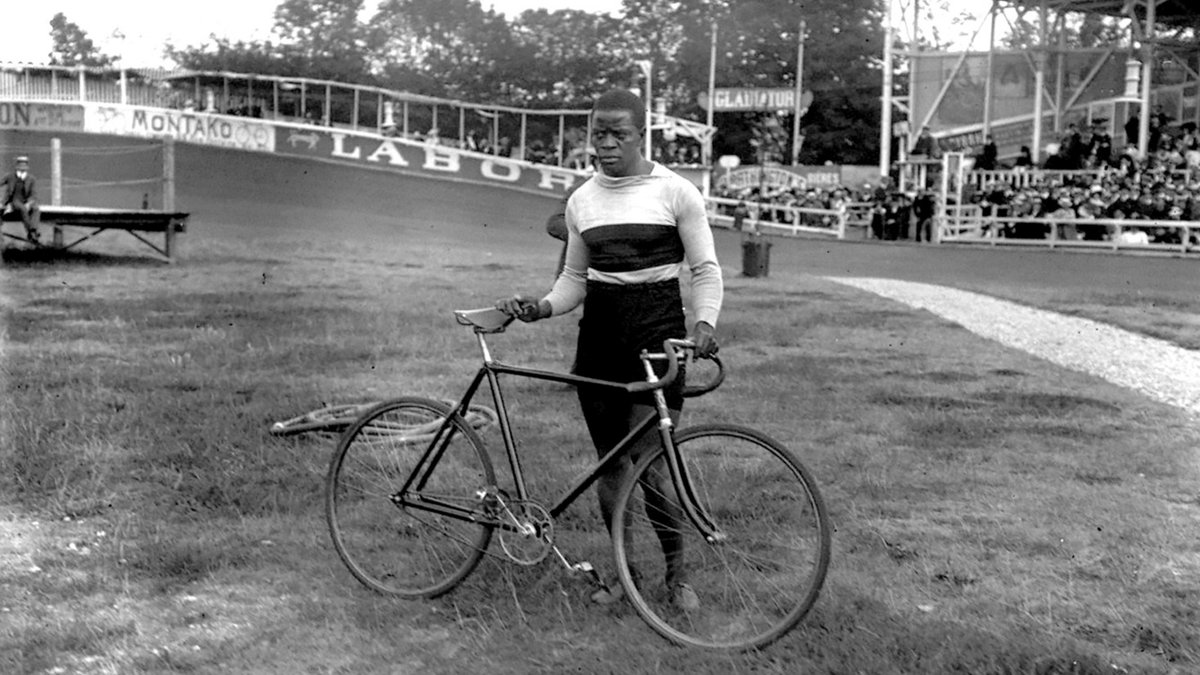
“It was mind blowing, a brown Mexican kid redefining what I thought the kids hobby of skateboarding was”Skateboarding turned out to be a fad. It was hard, people hurt themselves, and attention was soon switched to frisbees and yo-yos. My cheap mass produced plastic board, like everyone else’s, ended up at the back of a cupboard or at the local tip. Fast forward a decade, I was visiting a friend who worked in a North London BMX / skate store. While looking up to a wall covered in colourful boards, I saw a video of legendary skater Tommy Guerrero riding the streets of San Francisco. It was mind blowing, a brown Mexican kid redefining what I thought the kids hobby of skateboarding was. I bought a board there and then, and threw myself headfirst into the game. I have often wondered if something else had been playing on the VHS whether I’d still have bought that board.
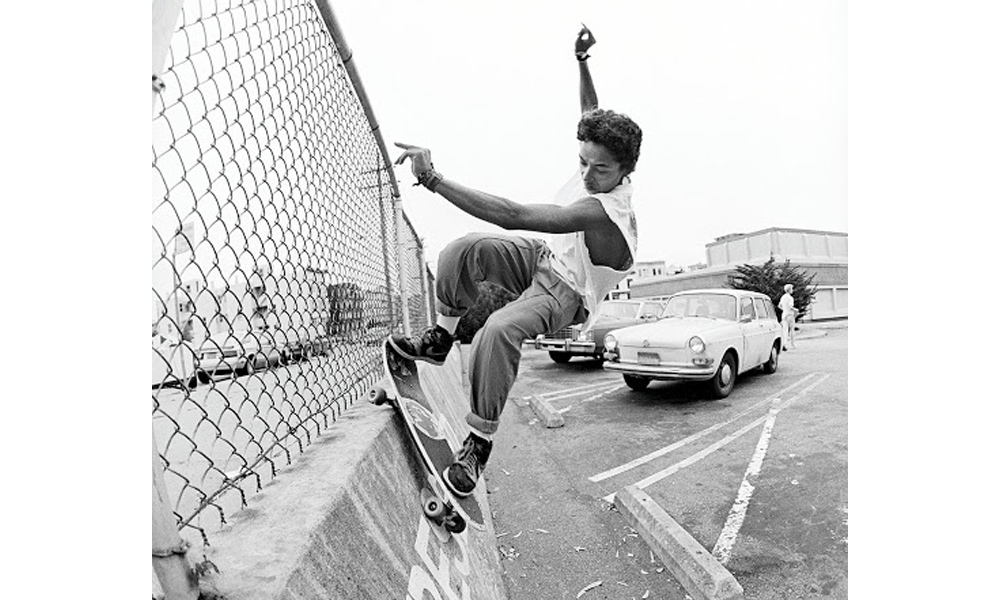
“Relationships with the outdoors were stifled into almost non-existence”Jim Crow laws encouraged segregation in restaurants and schools, black people were banned from living in certain parts of the city, they weren’t allowed to vote and were subject to regular lynchings. In the context of this conversation, they were also banned from a lot of National Parks. Relationships with the outdoors were stifled into almost non-existence, with the idea of leisure time away from the protection of your community a life threatening risk. With generations of families subjected to inhuman cruelty in the fields, did they really want to go back there? In this environment, it is no surprise that people of colour weren’t rushing to the local surf break in the 50s and 60s, the trails or rock faces in the 70s, or even the slopes in the 80s. To that end, is there any surprise that the magazines or films of the time didn’t feature people of colour?
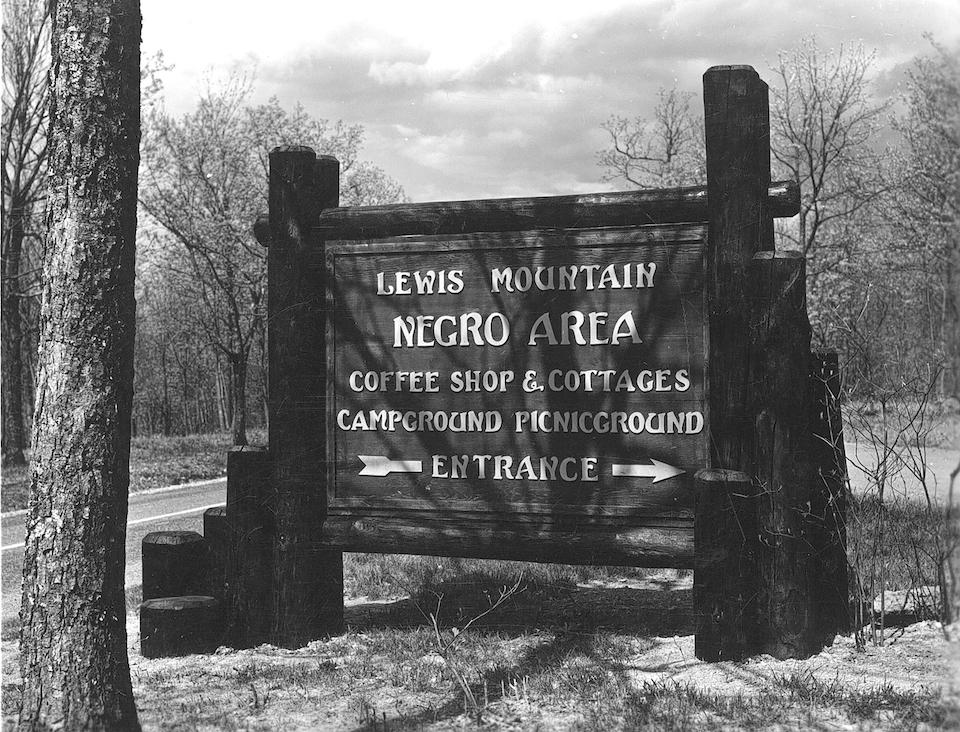
“Many accept that the UK has an undercurrent of racism and xenophobia, fuelled by a right wing media, running through it”What about pastimes that aren’t so easy to access though? Street skating has the advantage of using an urban environment as its medium with ledges, curbs, handrails and stairs serving as the canvases where we can let our minds run free. In the UK, it’s worth remembering that the best part of 98% of BAME live in multicultural cities; cities that offer safety in numbers. If I want to go hiking or a go for a gentle ride down some country lanes, it would seem that in this ‘age of woke’ there is nothing obvious to stop us. However the UK comes with its issues that are scored heavily down lines of ethnicity, grounded in colonialism, and played out constantly through casual, cultural, and systemic racism.
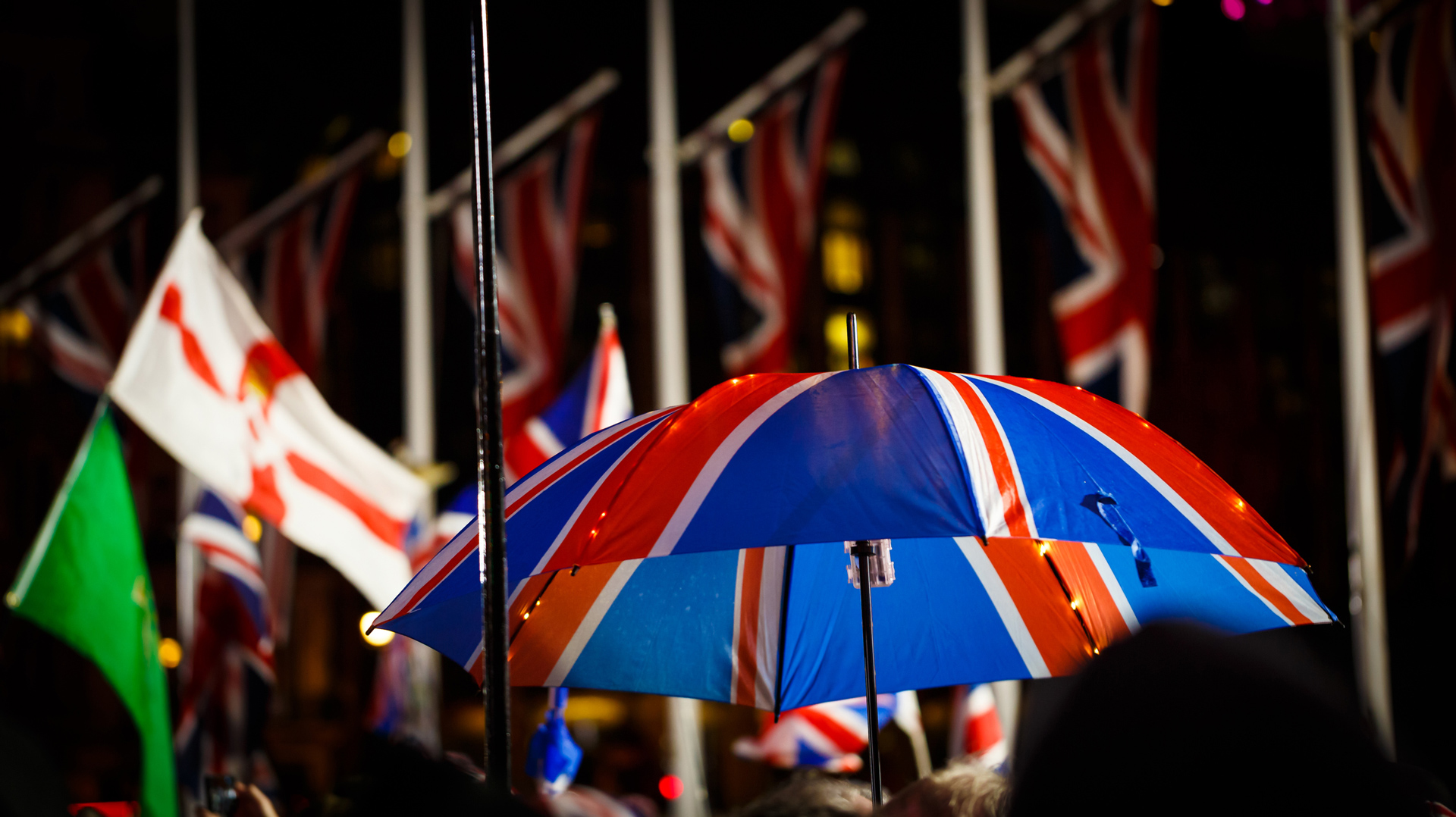
“Most of us were born here, and know nothing else. We are born in the city where our parents, or grandparents, decided to move to”Bringing this back to the idea of hiking and getting outdoors, look at it like this. If the countryside is seen as the epitome of Englishness, the thought of venturing into the countryside – which is almost 100% white in both its marketing and residents – is close to inconceivable for many. If it’s racist in the city, what must it be like in rural places? We are at a stage where POC have essentially been urbanised. Many of us have come to the UK to be closer to loved ones, because we were fleeing persecution, or, in the case of the Windrush generation, because we were invited. Most of us were born here, and know nothing else. We are born in the city where our parents, or grandparents, decided to move to. When they arrived their thoughts were not about walks in the Lake District, or trips to the Cornish coast, they instead revolved around paying for rent, food, and finding somewhere to educate their children. Our lack of presence in the outdoors is not, as is often perceived, a rejection of the countryside and nature. It stems from the unknown and concerns about how people see us, and respond to our presence in that space. We suffer from intimidation in cities, where more people look like us, and this becomes amplified when we are in isolation in a ‘foreign’ environment with people who look at us as outsiders.
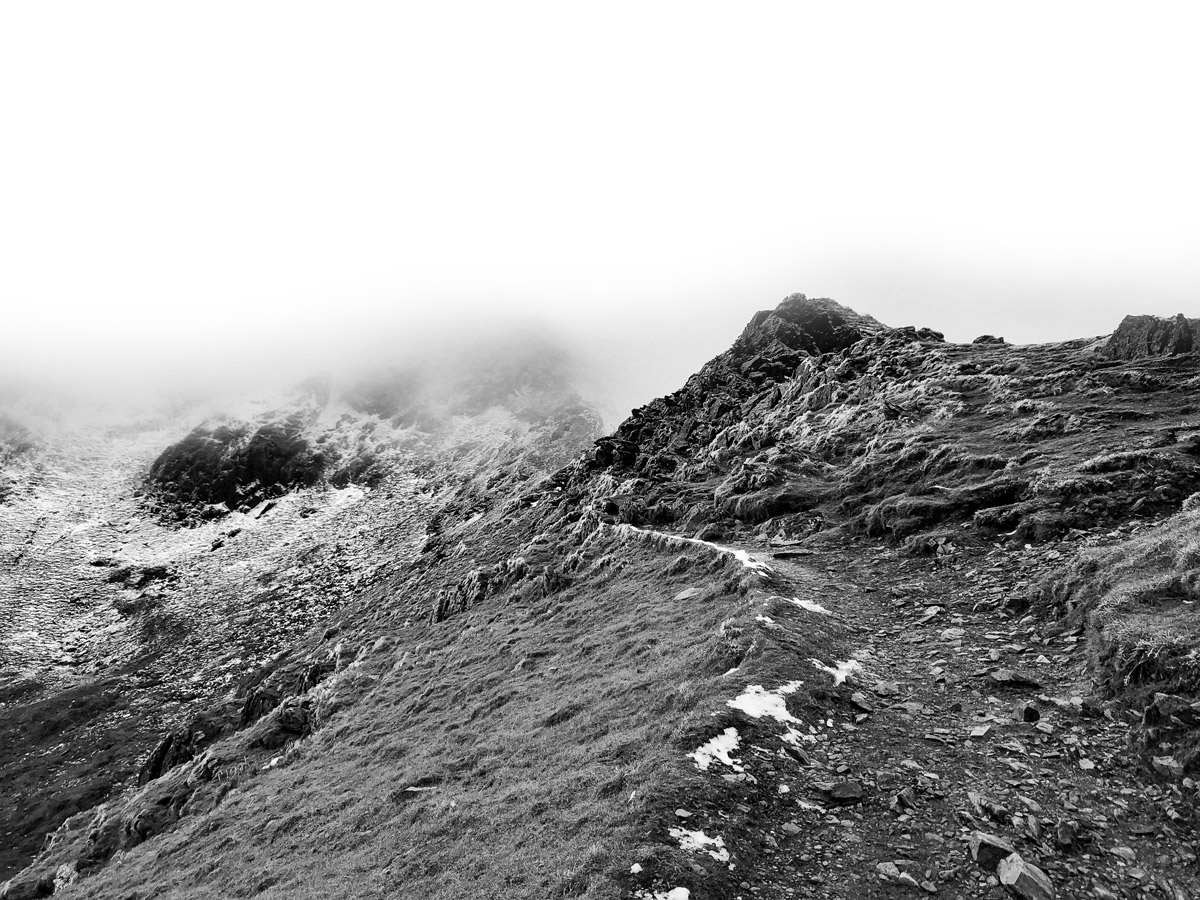
“We have lost our connection with the outdoors to such an extent that we have been made to think it was never ours to like”Even now, with decades of adventures under my belt, I struggle to see what attempts industry media have made to make anyone who doesn’t fit into a certain narrative feel welcome. Is it any surprise that so many young black kids are choosing football over the outdoors? Are the ads lingering threads of a colonialist attitude or is it, as I suspect, simply that people don’t get it? Whichever way you look at it, the end result is that the outdoor industry is depriving hundreds of thousands if not millions out of the joy that our sports can provide. They’re also, of course, losing out on our money as well. It seems short sighted. Why sell a jacket for a fashion moment when you can sell a whole lifestyle, and have a customer for life instead?
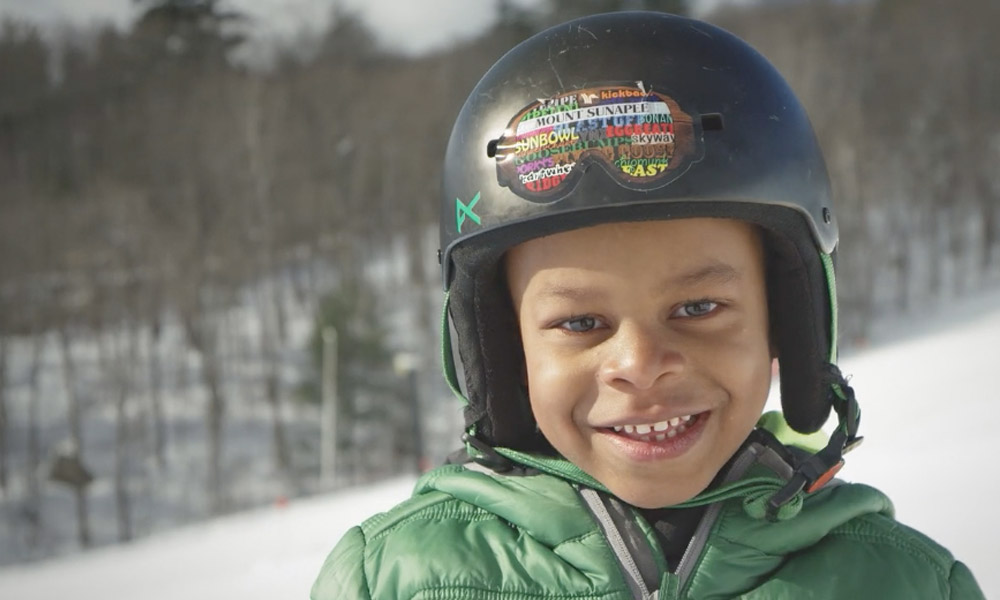
“The industry has got very good at talking to itself”Another brand, global and one of the best in diverse representation, admitted that one of the problems they face is trying to get images of POC past the all-white decision makers. They have recently run a campaign led by a black woman, despite the argument put forward by white male marketers that the model wasn’t “an elite athlete.” To their credit, my contact responded with “how do you know.” The ad ran and was ultimately a success. To be clear, I don’t believe that the industry is knowingly racist and I personally have seldom come across overt racism. I do, however, think that the industry has got very good at talking to itself; laying down unwritten rules as it goes. Do we really need to wait until we get a Tiger or a Serena in skiing, or road cycling, until the outdoor industry sits up, takes notice, and changes the way it sells itself? Or will a Nike or adidas step in with their billions and make the decision for them as they have in other sports? Perhaps social media and online will take it out of the traditional brands’ hands altogether, creating new values and a fresh aesthetic for the outdoors.
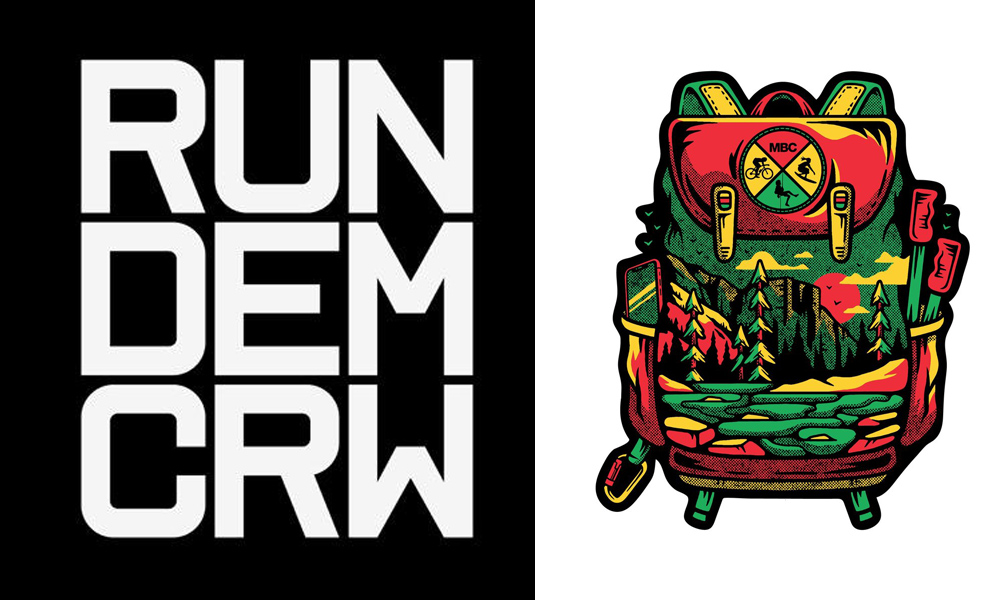 Look at what Run Dem Crew did with running and the connections that Melanin Base Camp are making in the USA. The majority of the brands that are currently considered the go-tos in outdoor started out with a few passionate people creating a movement around a common purpose. Do those same brands want to be relevant to new groups, or will those groups just go off and do it themselves?
It’s time to reframe what the outdoors looks like. There is room and, more importantly, an appetite for people of different colours, ethnicities, genders and abilities to be represented.
Look at what Run Dem Crew did with running and the connections that Melanin Base Camp are making in the USA. The majority of the brands that are currently considered the go-tos in outdoor started out with a few passionate people creating a movement around a common purpose. Do those same brands want to be relevant to new groups, or will those groups just go off and do it themselves?
It’s time to reframe what the outdoors looks like. There is room and, more importantly, an appetite for people of different colours, ethnicities, genders and abilities to be represented.
“Help us get some skin in the outdoors and reconnect with nature and the environment”If you don’t really care about race, if it doesn’t impact on your life, or even if you disagree with what I’m saying, just think about how the outdoor community are currently falling over themselves to claim that we have to do everything in our power to save the planet; that there’s too much plastic in the ocean and our glaciers are melting. Why should the millions of inner city ethnic communities across Europe give a damn if your hedgehogs are dying or that there’s tampon applicators in your surf break? Especially if they’re not made to feel welcome outside of the metropolis. Help us get some skin in the outdoors and reconnect with nature and the environment. This is not only important to the individual and society as a whole, it might also give the planet a fighting chance of survival.

